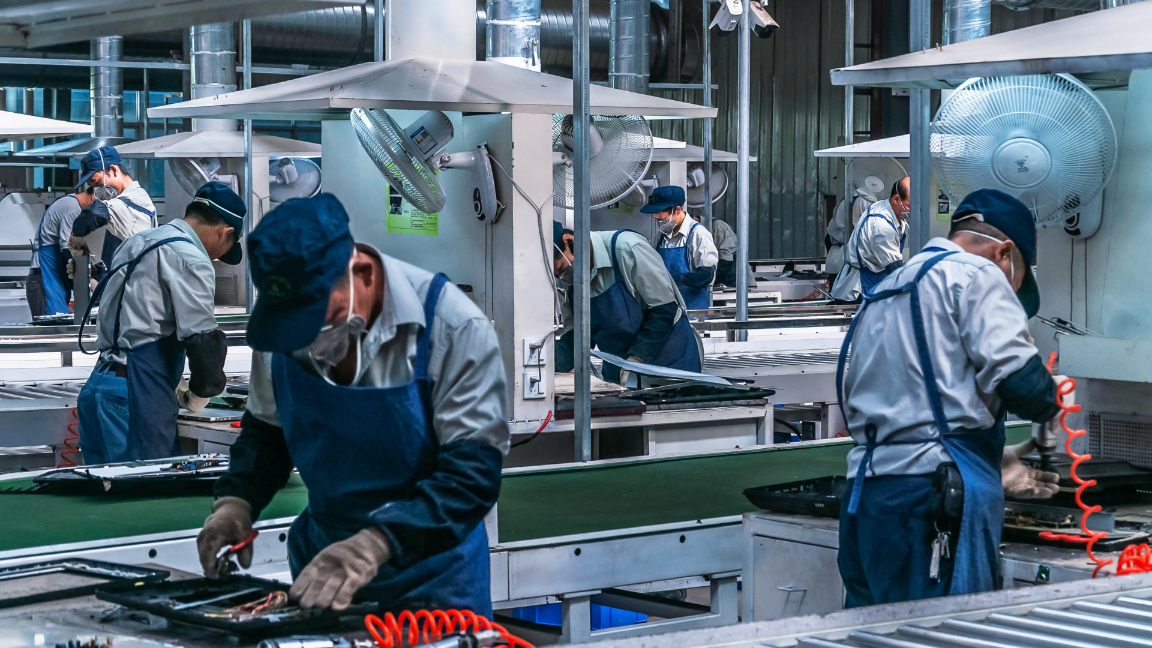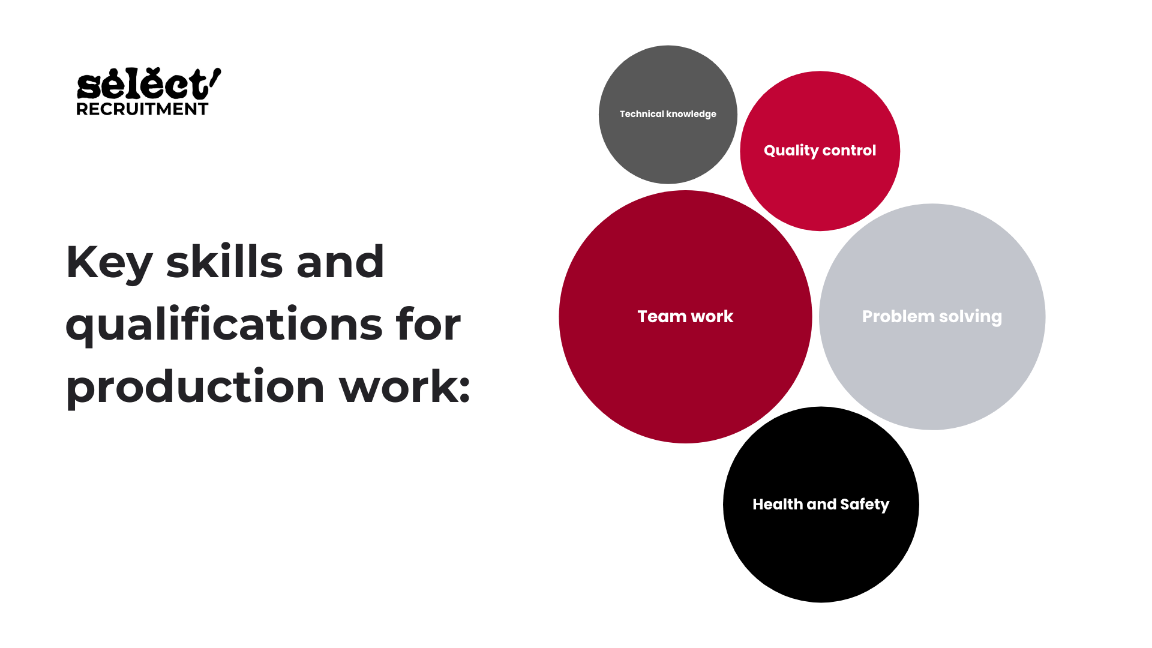Production Work: Understanding Different Manufacturing Methods
Manufacturing lies at the heart of British industry, with different production methods shaping how goods move from concept to completion. Whether you're considering a career change or looking to advance in manufacturing, understanding these different approaches helps you make informed decisions about your career path.
Different Types of Production Work

Job Production
Making unique, custom items defines job production. Think of a carpenter crafting a bespoke dining table or an engineer building specialist machinery. Each piece requires careful attention and skilled craftsmanship from start to finish. Workers in job production settings often handle entire projects independently, making this method perfect for those who enjoy seeing their work through from beginning to end.
The work environment typically features individual workstations rather than production lines, with craftspeople using both traditional tools and modern equipment. Skills development happens naturally as workers tackle different projects, making this an excellent choice for those keen on continuous learning.
Mass Production
Mass production creates identical items in large quantities, like cars or electronics. Workers typically specialise in specific stages of the manufacturing process, becoming experts in their particular tasks. The work environment is fast-paced and structured, with clear procedures and quality standards.
For those working in mass production, the day involves operating sophisticated machinery, maintaining consistent quality, and working as part of a larger team. The environment offers stability and regular hours, though shift work is common. Career progression often starts with mastering one station before moving to others, eventually leading to supervisory roles.
Batch Production
Batch production bridges the gap between job and mass production, creating products in groups or 'batches.' Food manufacturing often uses this approach - think of a bakery producing morning bread or a brewery making different beer types.
Working in batch production means handling different product types throughout your shift. You might spend the morning working on one product before switching to another in the afternoon. This variety makes the role engaging, while the structured approach helps maintain quality standards.
Service Production
Modern manufacturing increasingly includes service production, where automated systems deliver services to customers. This might involve maintaining automated production lines or managing robotic systems. Workers need technical knowledge and problem-solving skills, making this area perfect for those interested in technology and automation.
Working Environments and Career Development
Each production type offers unique opportunities for career growth. Job production workers often become master craftspeople or start their own businesses. Mass production specialists frequently progress into team leadership and production management. Batch production experience can lead to roles in quality control or process improvement.

Salary and Benefits
Pay varies significantly across different production types. Job production workers, particularly those with specialist skills, often command higher rates. Mass production roles typically offer steady wages with opportunities for overtime and shift premiums. Batch production positions usually fall between these ranges, with additional skills like machine operation increasing earning potential.
Skills and Qualifications
While formal qualifications help, many employers value practical skills and experience. Key attributes include:
Technical knowledge relevant to the specific production type
Quality control awareness
Health and safety understanding
Problem-solving abilities
Team working skills

Finding Your Path in Production
Ready to start your career in manufacturing? At Select Recruitment, we work with leading manufacturers across the UK, placing talented individuals in roles that match their skills and ambitions. Our specialist industrial team understands the nuances of different production environments and can help guide you toward positions that fit your career goals.
Contact us to discuss your next move in manufacturing.


